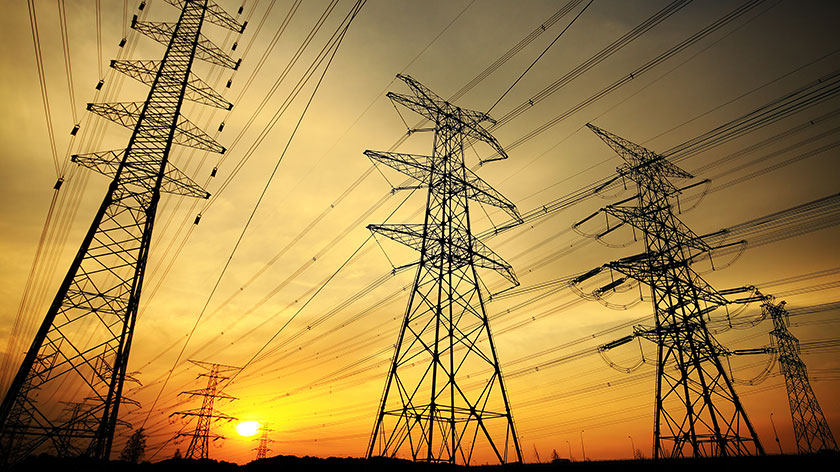The Economic Community of West African States (ECOWAS) is set to enhance sustainable electricity access through solar in 19 West African countries and the Sahel region to promote development in the region.
Stakeholders from the energy sector in the region, gathered in Accra on Tuesday at a regional workshop to develop modalities to implement the Regional Off-Grid Electrification Project (ROGEP).
Also read:South Sudan to increase electricity supply
ROGEP aims to enhance electricity access in West Africa and the Sahel region through standalone solar systems, including solar lanterns, solar home systems, solar water pumps and solar mills.
According to the ECOWAS Commissioner for Energy and Mines, Mr Sédiko Douka, only 40% of the population within the region had access to electricity supply.He added that the objective of the meeting was to work out modalities for the implementation of the project because close to 200 million people had no access to electricity in the region.
19 Countries
Douka said that the project, sponsored by the World Bank, would kick-off in 2019.He noted that the project, with an estimated overall budget of US $200m, would cover 19 countries.
Wendy Hughes, the Practice Manager, Energy and Extractive Global Practice of the World Bank Group, said that the off-grid technology would provide “real and sustainable alternative to grid electricity.”
According to Hughes the cooperation of member countries in building “a large, unified off-grid solar market will increase access to these modern energy devices.
“Adopting common quality standards for solar off-grid products that are uniform across the entire region will in effect create a single large market that will be far more attractive to private solar companies,”said Hughes.
She further advised member states to work together to develop a comprehensive regional standard that would identify individual country’s priorities.
Mr Mahama Kappiah, the Executive Director of ECREEE, also added that modalities had been worked out to train local entrepreneurs in the energy sector to ensure ownership of the project and affordable energy for member states.
“one way we are trying to make energy affordable through this project is using our local entrepreneurs, not foreign entrepreneurs or those who call themselves expatriates and pay themselves very high salaries we have to pay for,”said Mahama.

Leave a Reply